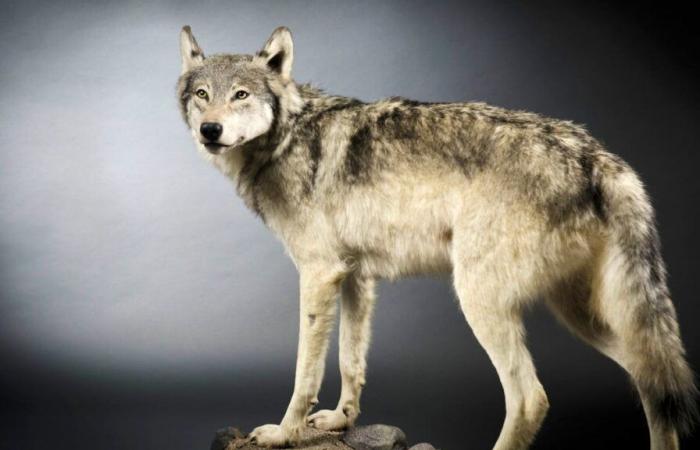“The wolf lost a battle, but not the war…” These are the words of Isabelle Germanier, French-speaking manager of the Loup Suisse Group, interviewed Tuesday evening on the program “Forum” on RTS. She was reacting to the European Union’s decision of the day to downgrade the level of protection of the wolf, which will no longer be “strictly” protected, but only protected.
This decision was announced Tuesday morning while the Council of States in Bern was debating two motions aimed at making its regulation easier by the cantons concerned. The demotion of the wolf was one of the objectives sought. Well, for once, a decision from Brussels was welcomed by all the Eurosceptics in the room!
In the same vein, senators debated the concept of “zero wolf” zones, voted by the National Council last April. In the minds of some, this concept is probably destined to extend to all of Switzerland, with the exception of zoos perhaps. But the parliamentarians understood that it was impossible to decree predator-free territories, since wolves are like clouds, they know no borders.
For more than twenty-five years, since its return, the theme of the wolf has been the standard for elected officials from the Alpine regions, with Valais, Graubünden and Ticino in the lead. The interventions tabled in Parliament number in the hundreds. On Tuesday, Valais councilor Beat Rieder (C/VS) welcomed the EU’s decision, adding that soon, there should be no more talk of the wolf in Bern.
He’s moving a little quickly, because as long as there is only one wolf left in Switzerland, it will be too many in certain circles of breeders and hunters. However, the situation has clearly evolved in their favor. Now that Albert Rösti is head of the department concerned, the wolf’s opponents know that they have an accomplice in the place.
But the Bernese knows he must be careful, because he cannot afford to break the law. He cannot, like the Valais State Councilor, Jean-René Fournier in 2006, allow a wolf to be illegally killed and put stuffed like a trophy in his office.
On the subject of wolves, the Swiss population is divided. The majority of the people were deceived when they refused the new hunting law in September 2020 by 52% of the votes, in particular because of the management of the wolf. But Parliament circumvented this decision, opening the way to a regulatory policy, which Albert Rösti implemented in the ordinance, to the great dismay of nature friends.
In this context, Parliament will necessarily have to review the law on hunting and continue to talk about wolves for a good while longer. And it is not impossible that this exercise will lead to a new referendum and a popular vote.




